Dirt bikes are a popular mode of transportation and recreational activity for those who love the thrill of off-road riding. However, many people wonder if dirt bikes are street-legal. The answer is not a simple yes or no; it varies depending on several factors, such as the specific vehicle specifications and local laws. This blog post will explore whether dirt bikes are street-legal, what requirements must be met for the legality, and how to stay safe while riding on the road. So let’s dive in and clear up the confusion surrounding using dirt bikes in public spaces!

Are Dirt Bikes Street Legal?
Regarding dirt bikes, the question of their street legality always pops up. As we’ve seen in the previous sections, dirt bikes are typically not street legal because they lack basic mechanical safety features required by the DOT. However, it is possible to modify your dirt bike to make it street-legal by fitting DOT-approved headlights, taillights, tires, and mirrors, among other things. Despite these modifications, riding a dirt bike on public roads and highways is still illegal in many countries.
One of the main reasons dirt bikes are not considered street legal is their off-road nature. These bikes are designed to traverse tough terrain, so they don’t have the same level of sophistication as their conventional counterparts. Additionally, local laws and regulations vary from state to state, which means that even if you’ve converted your dirt bike, you might still run into issues regarding road legality.
Understanding the legalities of riding a dirt bike on public roads is crucial before hitting the streets. Riding a dirt bike illegally can lead to hefty fines, impoundment, or even jail time, depending on where you live. So, it’s always best to double-check your local laws and regulations before taking your dirt bike out for a spin.
In conclusion, while dirt bikes are incredibly fun, their street legality can be a bit of a gray area. Remember that even if you’ve modified your dirt bike, it might still not be legal to ride it on public roads. Always be aware of the local laws and regulations, and ride safely!

1. Dirt Bikes Are Typically Not Street Legal
As someone who loves dirt biking, I must admit that dirt bikes are typically not street-legal. They aren’t designed for street use and lack the necessary features to be considered street-legal vehicles. This means that they don’t have turn signals, mirrors, or headlights and may not have the safety features necessary to meet road safety standards.
Unfortunately, this means that dirt biking enthusiasts can’t just hop on their bikes and hit the open road – at least, not legally. That said, there are ways to convert your dirt bike into a street-legal motorcycle, and regulations vary from state to state, so it’s important to research your local laws before attempting to ride your dirt bike on public roads.
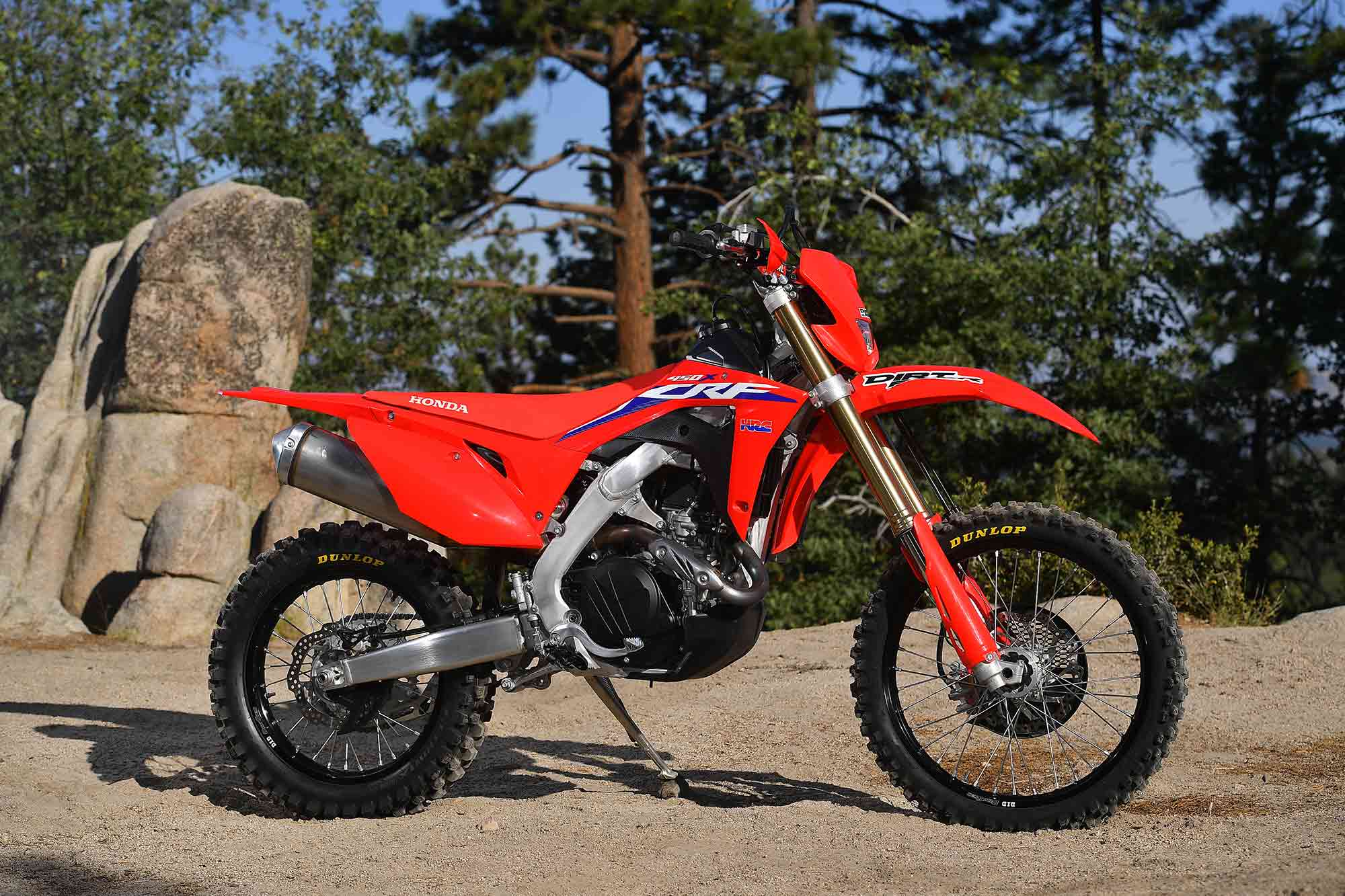
2. How to Convert Your Dirt Bike into a Street-Legal Motorcycle?
Converting your dirt bike into a street-legal motorcycle is possible, and it opens up a whole new world of possibilities for off-road enthusiasts. To do so, you must adhere to your state’s laws regarding street-legal motorcycles and install any necessary equipment, such as turn signals, brake lights, and a license plate bracket.
You’ll also need to add road-approved tires, a DOT-approved headlight, functional mirrors, lights, and a windshield. While the process may seem daunting, having a street-legal dirt bike lets you easily ride to your favorite off-road spot and helps ensure that you follow local laws and regulations.
As a rider, it’s important to be aware of the legalities of riding a dirt bike on public roads and prioritize safety. With a little effort and the right equipment, you can convert your dirt bike into the street-legal machine of your dreams.
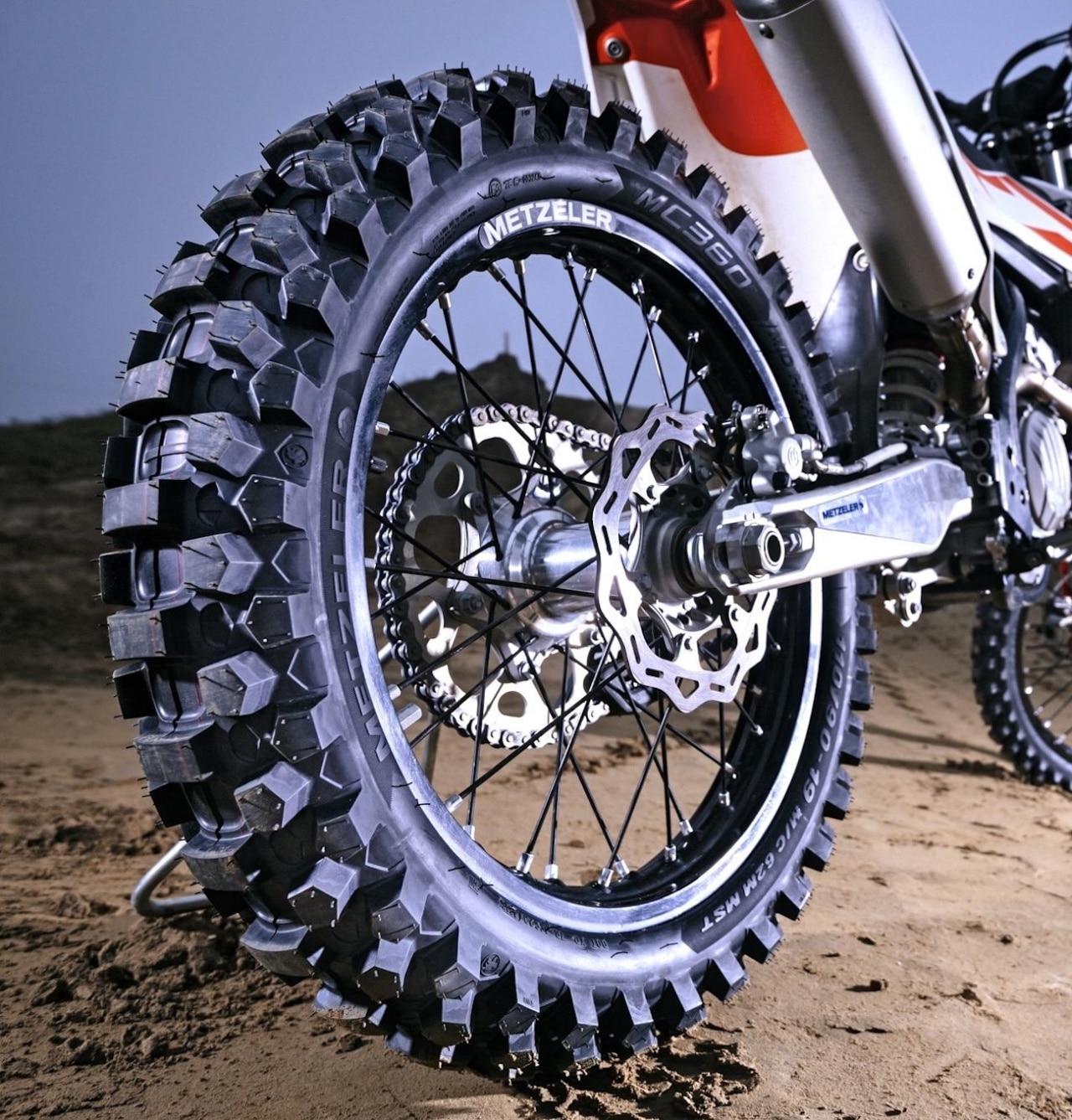
3. DOT Certified Tires for Street-Going Motorcycles
When making a dirt bike street legal, one crucial aspect to consider is the tires. As mentioned in this blog, DOT-certified tires are a must for any street-going motorcycle. These tires are specifically designed to meet the safety standards the Department of Transportation sets, ensuring that they can handle the demands of road riding.
Not only do DOT-certified tires provide better traction on pavement, but they also offer improved handling and stability compared to knobby off-road tires. So, if you’re looking to ride your dirt bike on the street legally, invest in a good set of DOT-approved tires. They may cost a bit more, but it’s a small price to pay for the added safety and peace of mind they provide.

4. Where You Cannot Legally Ride a Dirt Bike
As a dirt bike enthusiast, knowing where you can and cannot legally ride your bike is important. While it may be tempting to take your dirt bike out on public roads for a spin, it’s important to remember that in many areas, it’s illegal to do so. Dirt bikes are typically not street legal, and riding them on public roads violates several laws, including operating an unregistered vehicle.
In addition to public roads, you cannot ride your dirt bike on sidewalks, bike paths, or hiking trails. It’s important to respect the laws and regulations in your area and only ride your dirt bike in areas where it is legal to do so. Remember, always prioritize safety and follow the rules of the road.

5. The Problem with Dirt Bikes on Public Roads
As someone who loves to ride dirt bikes, I know firsthand how tempting it can be to take them out on public roads. However, it’s important to understand that this is illegal and can also be incredibly dangerous. Dirt bikes are designed for off-road use, so they aren’t equipped with the same safety features as street-legal motorcycles.
They also have smaller engines, which makes them less visible to other drivers on the road not to mention that riding a dirt bike on a public road can damage the bike’s tires and suspension, making it unsafe to ride off-road.
So, while taking your dirt bike out onto the streets may seem like fun, it’s important to remember that the risks far outweigh the rewards. Stick to riding on private property or designated off-road trails, and always follow the rules and regulations in your area.
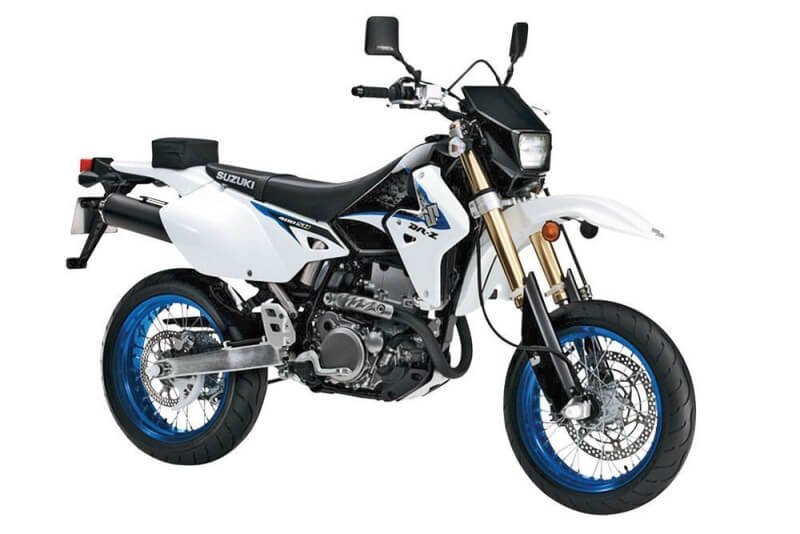
6. Dual-Sport Conversions in Illinois
When converting a dirt bike into a street-legal motorcycle, it’s important to know the regulations in your state. In Illinois, dual-sport conversions from dirt bikes are no longer allowed unless you get it titled in another state and then register it here. This can be a bit of a hassle, but it’s important to follow the rules to ensure your safety and the safety of others on the road.
When converting your bike, it’s best to stick with the stock wheels or similar options to maintain its dirt-worthy features. Plus, it’s important to use DOT-certified tires for street-going motorcycles. While it may take some effort and investment to convert your dirt bike into a dual-sport machine, it can be worth it for the additional freedom and versatility it provides on the road.
7. Why are dirt bikes not Considered Street Legal?
It all comes down to safety and the rules and regulations in place. Dirt bikes are designed specifically for off-road activities, meaning they lack the necessary equipment for street riding. These vehicles do not have features like headlights, turn signals, and brake lights that are essential for operating on public roads.
Plus, dirt bike tires are not designed for street use and can be a safety hazard for riders when driving on pavement. That’s why a dirt bike must be converted before being legally driven on public roads. But even after making these modifications, there are still limitations on where and how to ride a converted dirt bike. It’s essential to understand the legalities and regulations in your area to stay safe and avoid penalties or fines.

8. Dirt Bikes and Local Laws: Different Regulations in Different States
As I mentioned earlier, dirt bikes are typically not street-legal. However, the regulations surrounding their use can vary from state to state. This means that it may be possible in some states to ride a dirt bike on certain public roads, while in others, it is completely illegal.
It’s important to remember that even if your state allows for the use of dirt bikes on certain roads, local ordinances may still prohibit it in your city or county. Before taking your dirt bike onto public roads, it’s crucial to understand the specific regulations in your area to avoid getting into legal trouble.
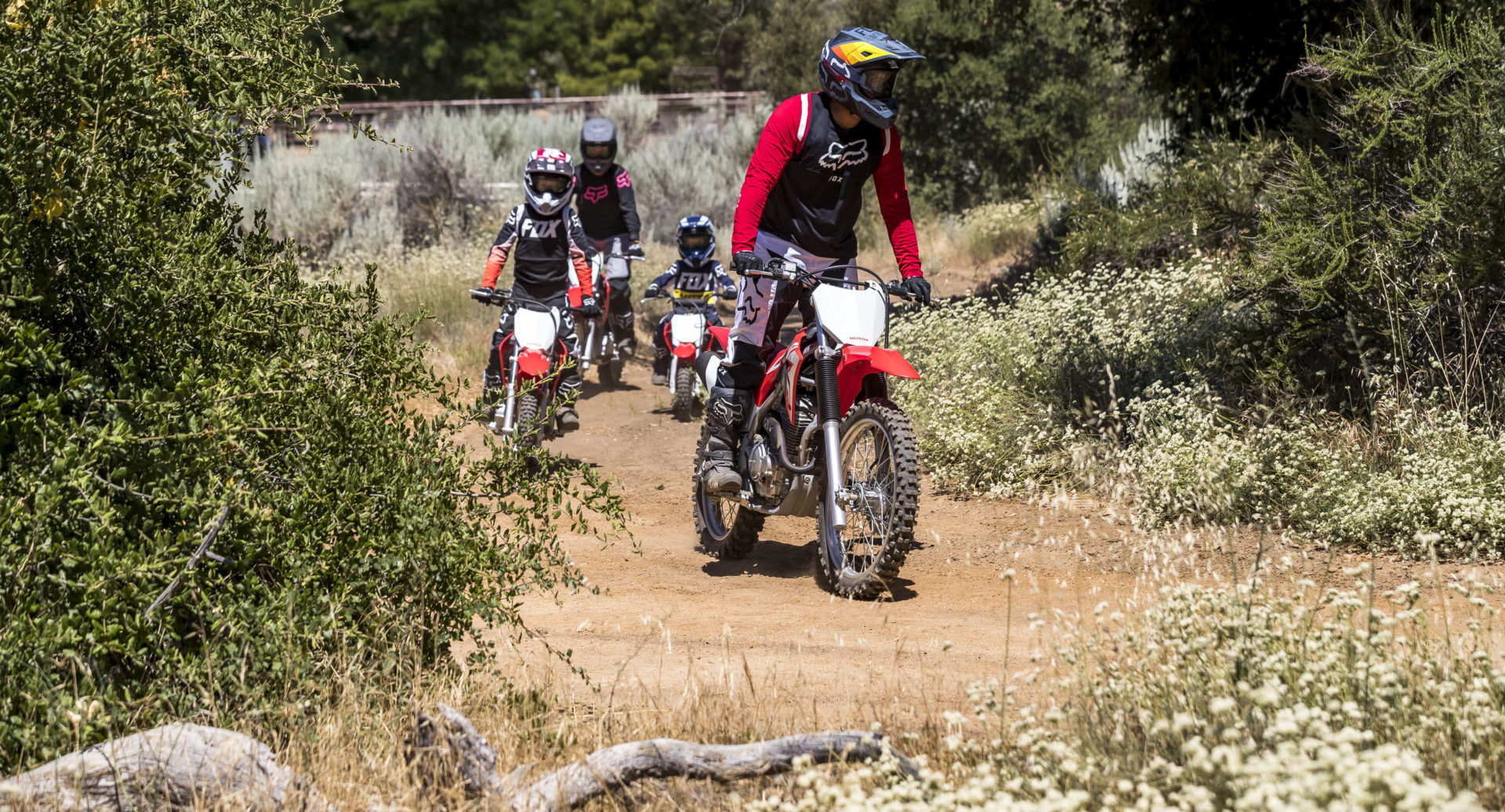
9. Street Legal Dirt Bikes in California
When it comes to dirt bikes, California has some pretty strict laws. As discussed earlier, dirt bikes are typically not street-legal in the state. However, there are ways to make them street-legal by converting your dirt bike into a street-legal motorcycle. You’ll need to ensure it has DOT-certified tires and meets emission standards.
But what about California’s green sticker program? This sticker shows that your dirt bike can ride in certain areas, including public land, during certain times of the year. Unfortunately, the model year 2024 off-road motorcycles that don’t comply with emission standards have been effectively banned from public land.
So, while making your dirt bike street-legal is possible, it’s not always a guarantee you’ll be able to ride it where you want. It’s important to understand the legalities of riding a dirt bike on public roads and to be aware of local laws and regulations. As with any vehicle, it’s important to ride safely and responsibly.

10. Understanding the Legalities of Riding a Dirt Bike on Public Roads
As a rider, it’s essential to understand the legalities surrounding using dirt bikes on public roads. While converting your dirt bike into a street-legal motorcycle is possible, that doesn’t mean you can ride it just anywhere. Each state has specific laws, and you must comply to avoid getting fined or penalized.
Before hitting the road, ensure your dirt bike meets the state equipment specifications for roadway use, such as having a headlight with low and high beams and DOT-certified tires. Also, remember that most cities, states, and countries prohibit riding dirt bikes on public roads, city sidewalks, or neighborhoods. Following the legalities, you can safely and legally ride your beloved dirt bike on the road.
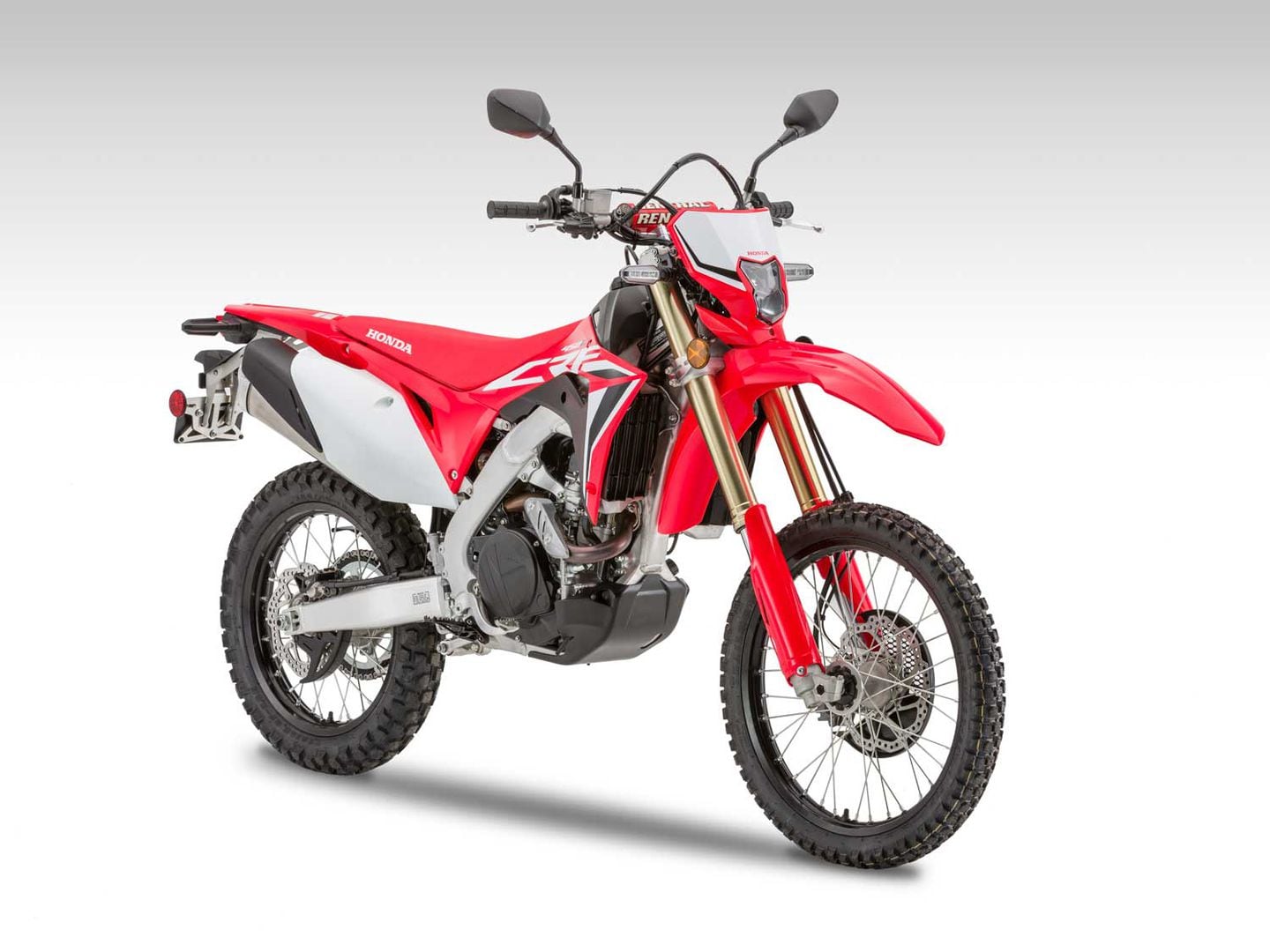
Are dirt bikes street-legal in Australia?
In Australia, dirt bikes can be ridden on sealed and unsealed roads, provided they meet specific requirements. To ride a dirt bike on public roads, you must have full registration, a license, and be ADR-compliant (Australian Design Rules). However, it’s worth noting that dirt bikes are typically only ridden on private land for recreational purposes rather than for commuting.
Although some dirt bikes can be converted into street-legal motorcycles, most are designed for off-road use only. As with many laws, regulations regarding dirt bikes vary across different states in Australia. While making dirt bikes street-legal in Australia is possible, it’s essential to understand the legalities and adhere to local laws to avoid any legal complications.

Are dirt bikes street-legal in India?
Well, as an Indian myself, I can tell you that dirt bikes are not street-legal in India. The Indian government has clarified that dirt bikes can only be used on private property and not on public roads. This is why most dirt bikes in India are used for off-roading purposes only.
It’s important to note that these bikes cannot be registered and used on the road because they don’t meet the safety regulations required for street-legal vehicles. So, while owning a dirt bike in India can be a thrilling experience, it’s important to stick to legal off-road areas to avoid any legal troubles.

How fast does a 450cc dirt bike go?
You’re curious about how fast a 450cc dirt bike can go. Based on the factual data, these bikes are known for their impressive speed. They’re the most popular dirt bike for riders who crave a powerful ride. While not the fastest option on the market, the Honda CRF 450R still boasts a top speed of 87 mph, which is nothing to sneeze at.
On average, a 4-stroke 450cc dirt bike will reach a top speed of around 90 mph or slightly over before hitting the redline. Keep in mind that the speed of a dirt bike can vary based on factors like the weight of the rider and any modifications made to the bike. While these bikes are undoubtedly fast, it’s important to remember that they’re typically not street-legal.
Riding a dirt bike on public roads can be dangerous and may lead to legal trouble. So, while you may be itching to test out the top speed of your bike, it’s best to do so safely and on appropriate terrain.

Summary
In summary, the legality of riding a dirt bike on public roads varies depending on the state or country you’re in and the type of dirt bike you have. While many dirt bikes are not street-legal, you can make modifications to convert them into a street-legal motorcycles. However, this process can be complicated and require DOT-certified tires for street-going motorcycles. Riding a dirt bike on public roads can pose safety concerns and violate local laws. It’s important to understand the legalities and regulations in your area before taking your dirt bike out on the road.